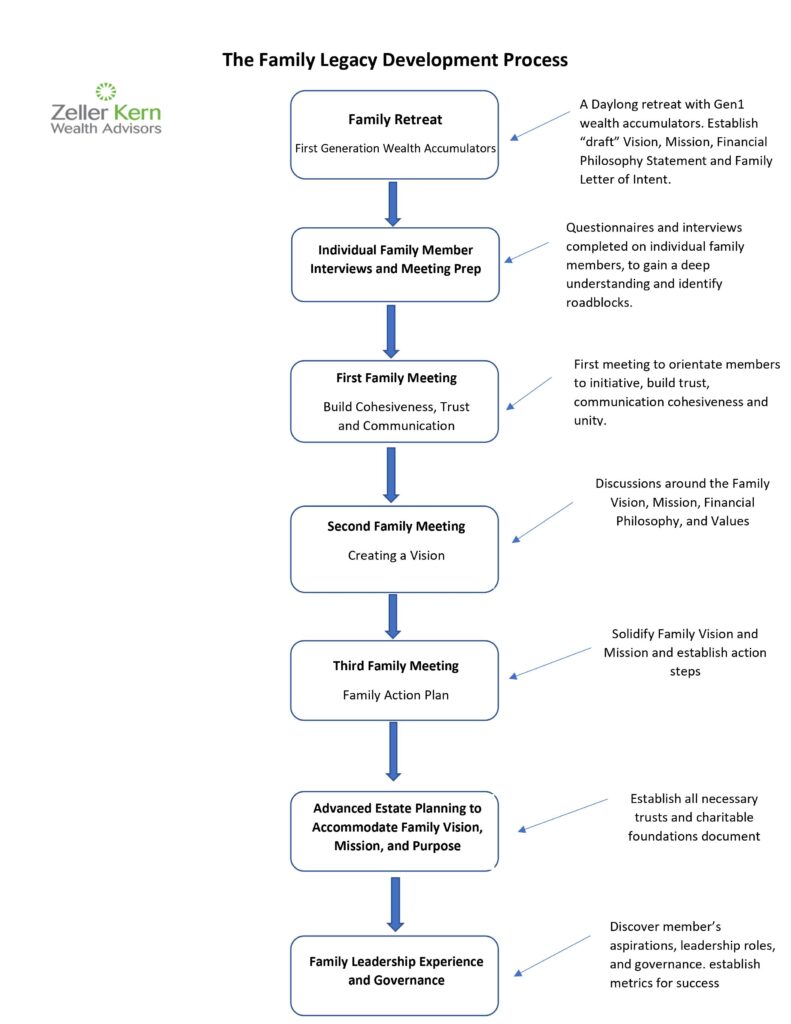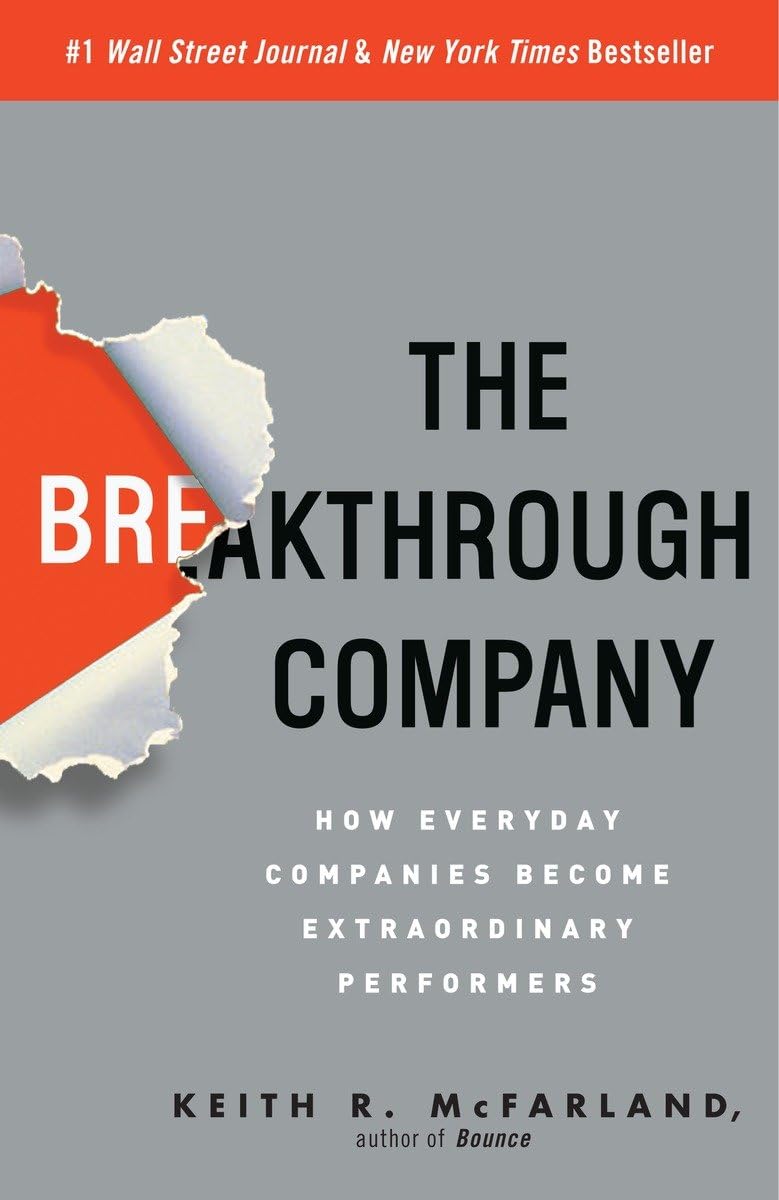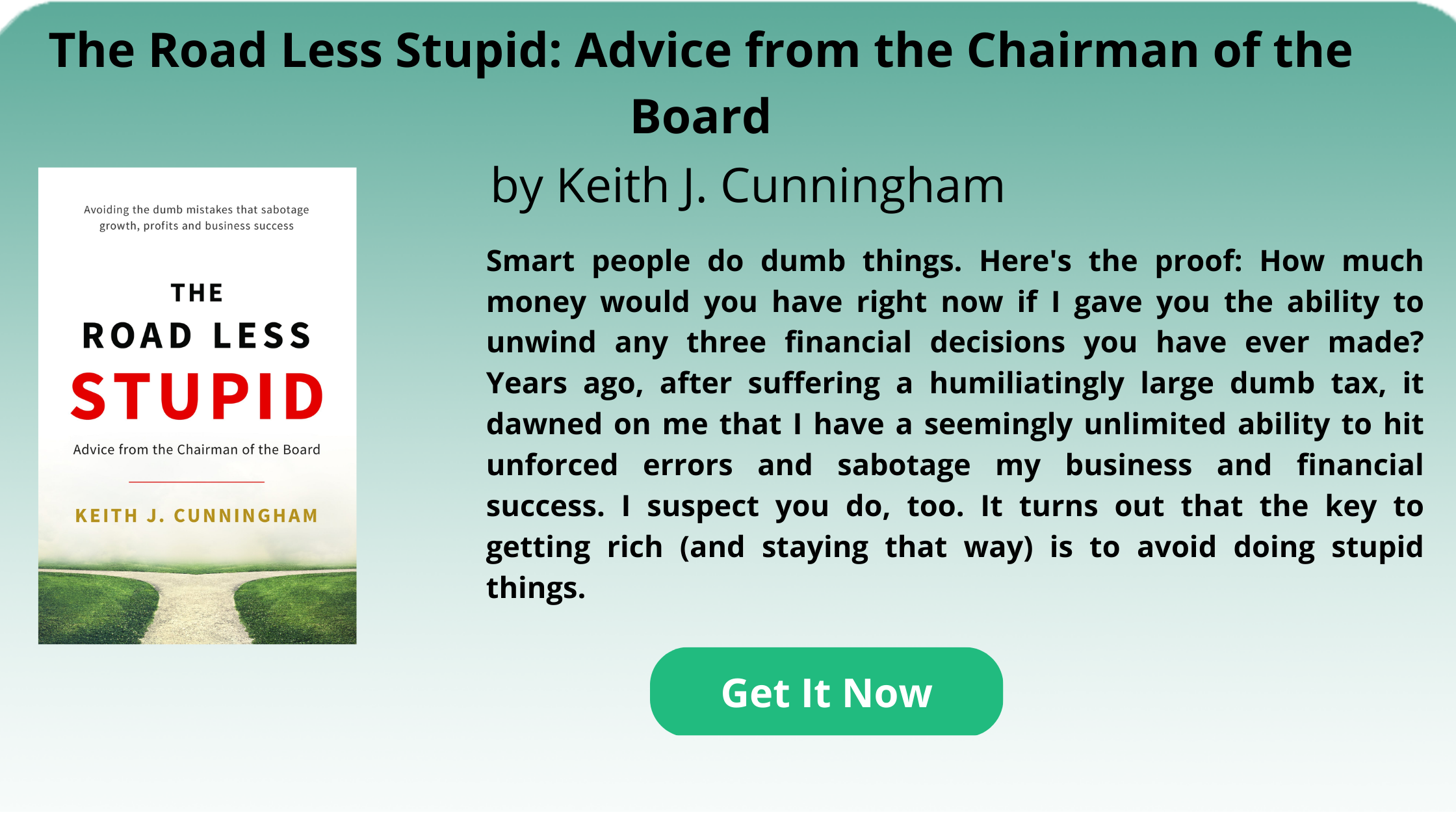The expected wealth transfer from the baby boomer generation to the millennial generation is expected to be massive. According to a 2019 article from The Business Insider, the “Great Wealth Transfer”, Americans will see an estimated $68 trillion pass down from boomers over the next 30 years.
Baby Boomers, at one point at least, owned the majority of the small private businesses in America. Now as the Baby Boomers retire, and as these businesses are sold, a record amount of liquid wealth is being generated. Overall, the number of wealthy families in America have increased, which can be a good thing. But, without proper, proactive preparation, potentially devastating consequences can be inflicted on these families and arguably society.
With many baby boomers selling these businesses at handsome prices, most of this wealth is first generation, which means family legacy development is increasingly critical in addressing.
How real is this issue? Current data suggests that 70% of family wealth transfers will fail. Most of it failing by the third generation. When we dig deeper into the data, though, we find that 60% of the failure is caused by lack of trust and communication. 25% of the failure rate is due to failing to prepare the heirs. 10% is from the family not establishing a vision and mission statement. Just 5% is from other causes.
In my previous article, we discussed the first step in developing a family legacy, which is conducting a family retreat. As you may recall, a family retreat is a daylong retreat, where the first-generation wealth accumulators, and a legacy coach, conduct deep discussions on matters that are near and dear to them. More specifically, discussions of their:
- family values
- philosophy on life
- wishes for the family
- desires for family growth
- ideas on strengthening the family bond
- future impact on the community
- perspectives on strengths and weaknesses within the family
- family opportunities
- family culture
- thoughts on characteristics of each family member
- other relevant familial issues
Ultimately, the desired goals from the efforts of the retreat are to produce a rough draft of a Family Vision Statement, Mission Statement, a Financial Philosophy Statement, and a Family Letter of Intent.
The Next Step Is to Begin the Family Meeting Process – Once the Family Retreat has been completed, and a draft Family Legacy document is created, the Legacy Development coach and the first-generation wealth accumulators should plan and prepare for conducting a family meeting.
A family meeting can be looked at as the phase that really begins to prepare the next generations with the tools, skills, and education necessary to properly and productively transfer and manage family wealth. Not only that, but in thinking forward, they will need to develop the knowledge, skill sets, and governance to successfully integrate the future generations into the process.
Family meetings are an opportunity for the various members to grow, build respect for each other, build trust, understanding, and communication with each other – Keep the family healthy, happy, purpose driven, and unified. This is something that a family of ultra-high net worth should pursue. Because when family unity is destroyed, all can be lost. As it was stated in the book, “Bridging Generations,” evidence indicates that the greatest threat to successful wealth transfer lies within a poorly prepared family, prior to the transfer taking place.
Setting the Stage – With the goal of creating a healthy, high-performing family in mind, the family must set sights on preserving the financial wealth, promote family unity and form intergenerational harmony. These guiding ideas will help establish the format and procedures for a positive family meeting. Facilitating a family meeting can be tricky. There are family dynamics, family member roles, family conflicts, problem children, etc. Running a family meeting requires a set structure or format, including rules for those attending, and preparation before the meeting occurs. More importantly a skilled facilitator needs to be present, who usually has a background in Psychology and is skilled at running family meetings and resolving conflict. For instance, if I am serving as a Legacy Coach for the family, I will always have a trained facilitator present in the meeting.
The preparation for the meeting is critical. This involves utilizing tools and questionnaires for the family members to complete, followed up with one-on-one interviews. This is done to gain as deep of an understanding as possible with each member, and help prepare everyone for what to expect. Furthermore, if there are any conflicts or issues that could stand as a road block in building trust and understanding between members, then perhaps it is an opportunity to address those items beforehand to bring resolution.
The first family meeting should build trust and harmony among family members, by learning trust and communication building tools. This involves various exercises and discussions. Ground rules are set at the beginning – Each member must agree to respect each other, let others be heard in entirety, without interruption, and be open minded and accepting as possible. Often, this orientation may take the entire time of the meeting, depending on the dynamics. If time constraints during the first meeting do not allow for ample discussion of the family mission and vision statements, financial philosophy statement, etc., then a second meeting is held dedicated to those topics. Nevertheless, the primary goal of the first meeting is to begin the journey of developing family harmony and unity, with total family involvement.

We have discussed the pitfalls of not preparing a family to properly transfer wealth through the generations. But there are also great opportunities if the process is carefully followed through. Beyond the Family Retreat, the first and second Family Meeting, a lot of exciting opportunities are ahead in future meetings that will bring the members into leadership roles and the ability to plan transitions, discuss aspirations, build family governance, and pursue purposeful causes.
If you would like to learn more about this process or have questions, feel free to contact me at [email protected].
Steve Zeller

Steven E. Zeller
Steven Zeller is a CERTIFIED FINANCIAL PLANNER™ professional, Accredited Investment Fiduciary®, Certified Exit Planner, practicing Wealth Advisor, and serves clients nationwide. He has over 24 years of experience within his profession. READ MORE
What Steve Writes About

I write about the latest thoughts and topics that impact high net worth families, individuals, and business owners. The building and sustainability of family wealth and a business is an exciting journey, and I have a passion to help them along the way to grow and thrive.
The latest book that Steve is reading. He reads, all he can, material relevant to the high net worth family and business owners, so that he may pass it onto his readers.




Connect With Steve